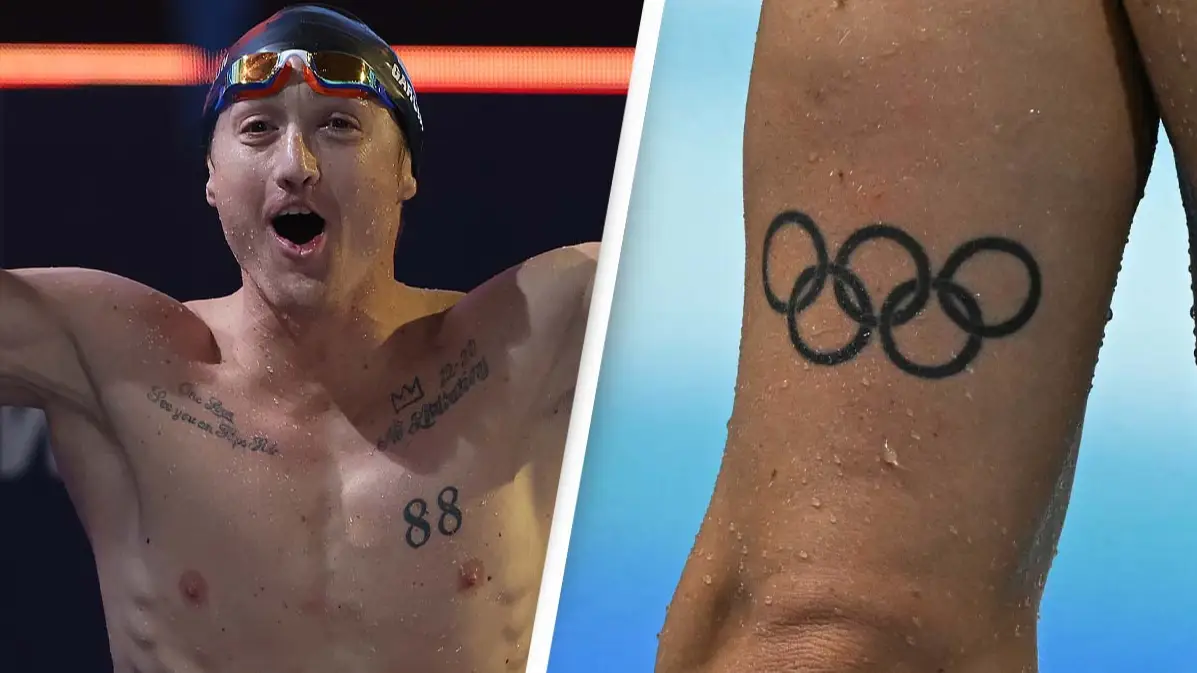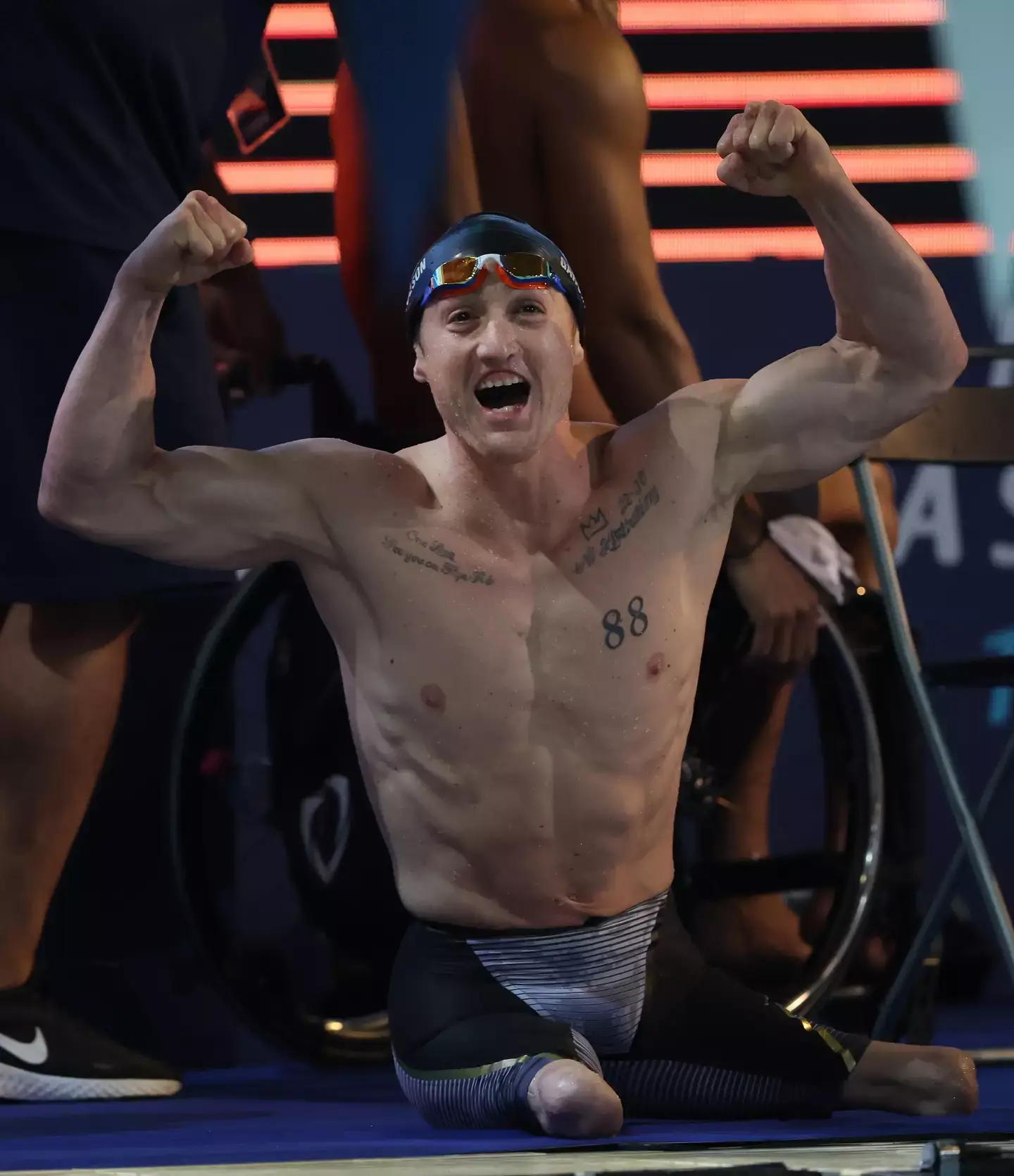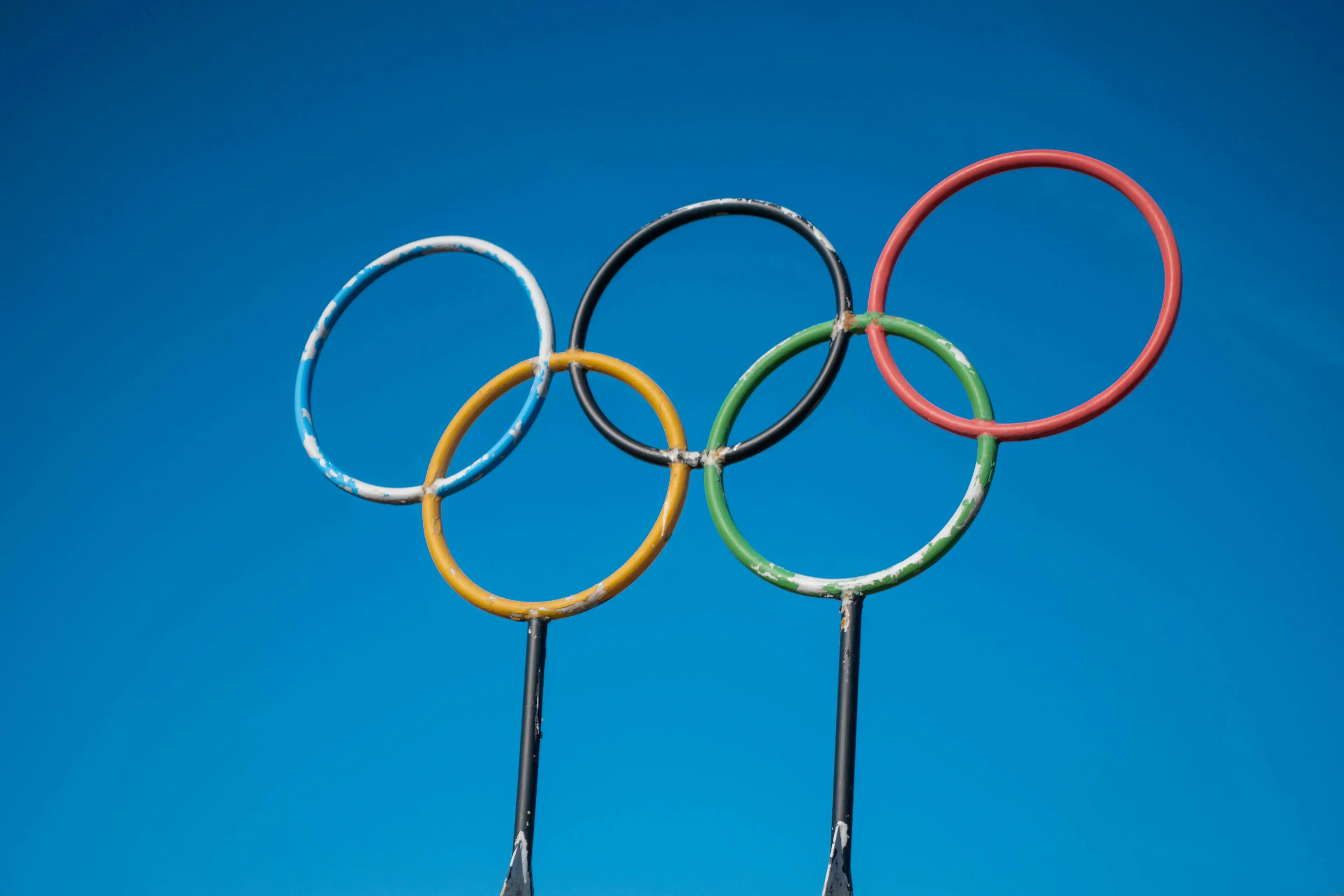
Imagine the hard work and dedication it takes to be an athlete at the top of your game, representing your country - and then be disqualified because of your choice of body art.
This was a heartbreaking reality for British swimmer Josef Craig, who was disqualified from the 2016 IPC European Championships over a tattoo of the Olympics rings and a British lion.
What athletes have said about tattoo rules at the Paralympics
Rudy Garcia-Tolson, a Paralympic swimmer, runner and triathlete, previously admitted he didn't 'agree' with the rules ahead of the 2016 Rio Paralympics.
He has won Team USA five medals across five Paralympic Games since 2004.
Advert

“I don’t really agree with it, but it’s the rules, so we’re just going to have to go with it. I’m going to follow the rules,” Rudy explained in a 2016 interview with NBC News.
“I don’t want to put all this hard work in and then get disqualified for something I have on my body.”
The rule, which has existed since the 2012 Paralympics in London, yet Rudy managed to compete without covering his tattoo up on that occasion.
The ruling wasn’t enforced until four years later.
However, the idea of getting a tattoo of the Olympic rings after winning gold at the Paralympics is still something that athletes aspire to do, though now with slightly more fear of consequences than before.
Rudy said: “We feel like we should be treated no differently than our Olympic teammates. The title, the names, to me it’s just kind of unimportant.
“Who’s to say in 20 years we don’t have the same logo [as the Olympics]?
Why did the Paralympics ban Olympic rings tattoo at previous Games?
IPC rules previously stated that 'body advertisements' such as tattoos are banned in the Games.
For the Olympics, you are allowed to compete while showing any of your tattoos as long as they are not offensive, suggestive, or advertising a brand/product that isn’t the Olympics itself.
This means that while a Pepsi logo on your shoulder won’t fly, having the Olympic rings on your bicep is no problem when you are competing in the Olympics.

The same could not be said for the Paralympics, where having a tattoo of the Olympic rings is technically not allowed and could result in a disqualification because the IOC and the IPC are different entities, and advertising the Olympics at the Paralympics is not allowed.
An IPC spokesperson told NBC back in 2016: "This rule is in place because the IPC wants Paralympic athletes to show pride in promoting the Paralympic Movement, including its symbol the Agitos.
"Displaying the Olympic rings confuses the public and impacts the understanding about the Paralympic brand which is different to that of the Olympic one."
Will athletes be disqualified at the 2024 Paris Paralympics for having Olympic rings tattoos?
The Paralympics Committee have since clarified that the rules on tattoos changed after the 2020 Tokyo Games, and athletes will not be penalised for having tattoos of the Olympic rings.
However, they added that there are still rules around 'third party tattoos'.
